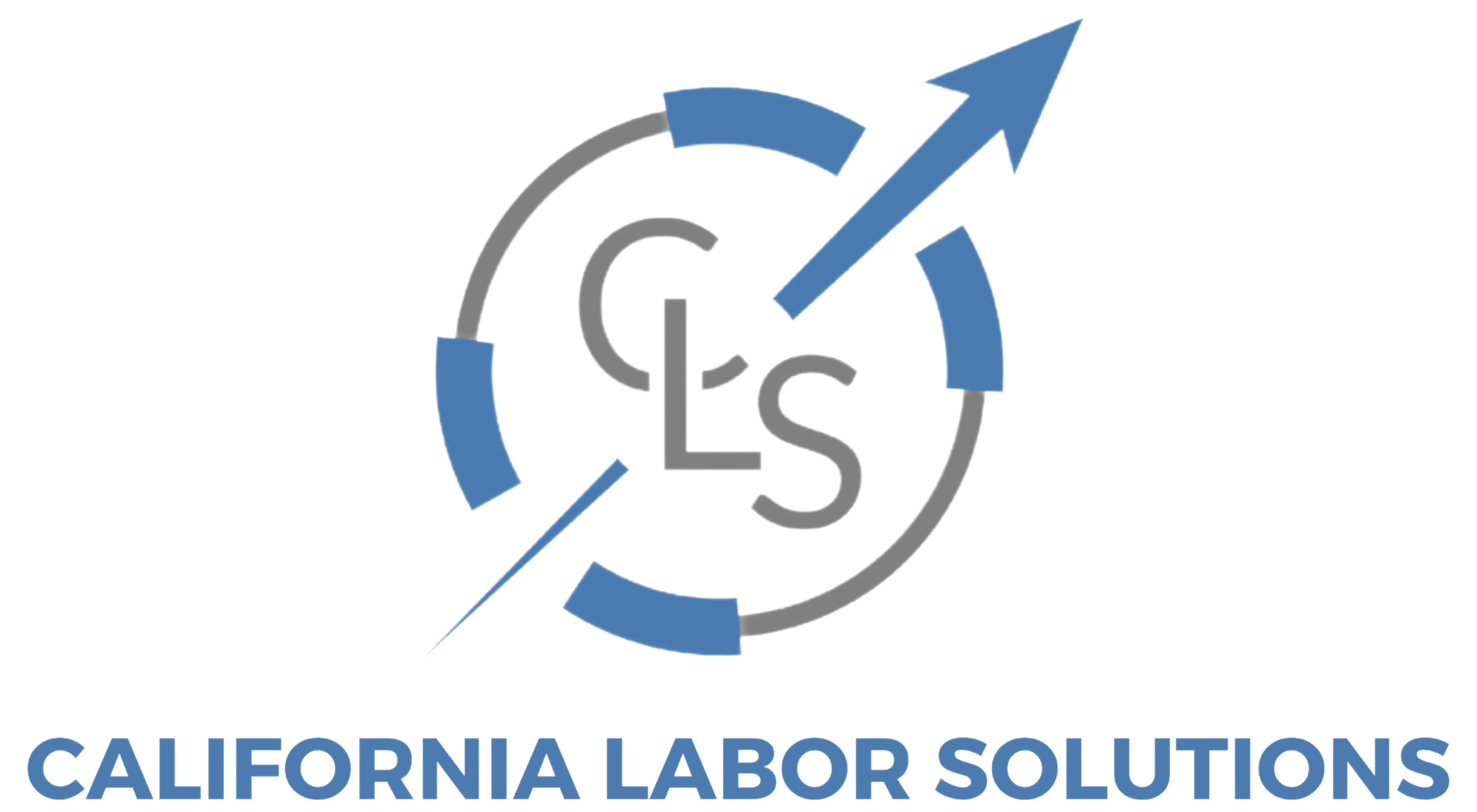Anonymous harassment employee complaints might be submitted through various means, such as via an email or letter, the company’s ethics hotline, a reporter who prefers to remain unidentified, or even from a third party, such as a customer, vendor, contractor, former employee, competitor, or any other person.
The California Department of Fair Employment and Housing Act’s “Workplace Harassment Guide for California Employers” provides guidance on how to handle anonymous complaints; they should be investigated at the same level of scrutiny as those in which the complainant identifies themselves.
A complaint should never be ignored just because it has been reported anonymously or may be difficult to investigate. Although it may be tempting to dismiss a nameless complaint, team members with legitimate concerns may have chosen to submit an anonymous complaint because they fear gossip, hostility, or retaliation.
Is an investigation necessary after an anonymous complaint is received?

Anonymous harassment complaints may pose challenges, but they also offer advantages, such as the ability to detect inappropriate or unlawful conduct and allow for a prompt response to the allegations. This can significantly reduce the risk of legal liability.
According to the EEOC “Enforcement Guidance: Vicarious Employer Responsibility for Unlawful Harassment by Supervisors,” the employer’s management should promptly determine whether a detailed fact-finding investigation is necessary once they learn of any alleged harassment; if it is necessary, it needs to be initiated immediately.
At times, an investigation is not necessary when an anonymous complaint is too vague or inconsequential. For instance, when there is no indication of any violation of a company policy or the law that legally requires the company to investigate. Nevertheless, on other occasions, despite the lack of details, a vague complaint may still provide enough information to merit further investigation.
The fact-based anonymous complaint

An anonymous complaint may contain sufficient factual allegations on its face to allow the employer to assess its duty to investigate. The fact-based complaint may identify the accused by their name or title, describe the specific conduct, or cite a rule or policy that risks being violated. It may also offer supporting or corroborating evidence or leads to finding such evidence, such as the name of a witness.
The employer should examine whether the allegations, if true, would violate company policies or the law, constitute inappropriate behavior or serious misconduct, or result in litigation exposure or adverse publicity. In certain cases, it may be prudent to conduct preliminary interviews of the named individuals to learn more specifics about the allegations.
Also, the employer may consider alternative approaches if the facts alleged would not implicate a legal duty or create another reason to conduct an investigation. If the alleged behavior does not violate a company policy but is disruptive, the company may choose to provide additional training regarding appropriate communication and behavior in the workplace.
Conducting the investigation

When working with anonymous complainants, investigators may need to consider more unique ways to obtain more information. An investigator who has the means to contact the complainant should do so, and offer to meet provide an option that can help preserve the complainant’s anonymity.
In some cases, complainants are more willing to talk to, or even identify themselves to an external investigator rather than an internal one, as they may perceive an external investigator to be less likely to be biased than an internal investigator. Additionally, hiring a third-party investigator may signal that the employer is taking the anonymous complaint more seriously and is ensuring a thorough and impartial investigation process.
Although the investigator’s efforts may lead to additional information, anonymous complainants may choose not to participate or remain unresponsive. Therefore, investigators should consider conducting climate surveys or environmental interviews with employees. These practices may uncover any issues regarding the workplace culture without giving undue attention to the anonymous complaint.
Why choose California Labor Solutions?
California Labor Solutions (CLS) is one of the only HR firms licensed* to provide workplace investigations in California. We assist employers in conducting objective and unbiased workplace investigations for employee complaints of discrimination, harassment, retaliation, and misconduct.
Contact us to find out how we can help you with your organization’s employee complaints and misconduct investigations.

